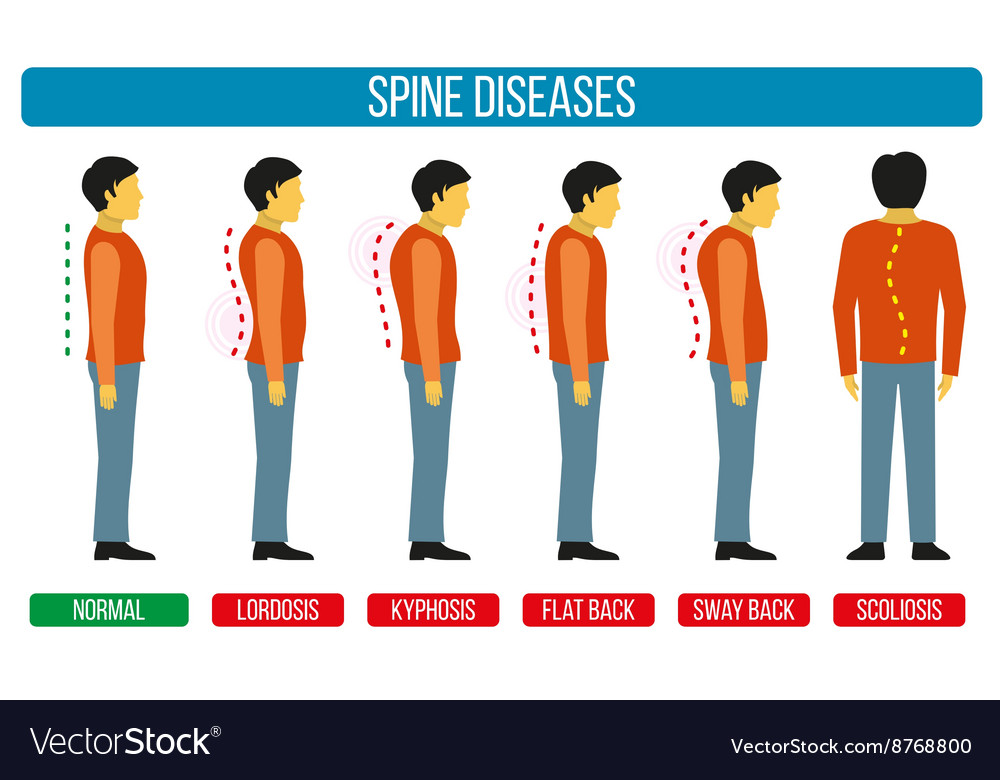Constant Tasks That Contribute To Back Pain And Ways To Avoid Them
Constant Tasks That Contribute To Back Pain And Ways To Avoid Them
Blog Article
Post By-Snyder Svenningsen
Preserving correct pose and preventing common mistakes in daily activities can significantly influence your back health. From how you sit at your desk to how you raise heavy items, small modifications can make a big distinction. Envision https://www.journal-news.com/news/police-chiropractic-board-probe-allegations-against-hamilton-doctor/5R5XVAPIMJEWZCS65ELJHWQMAE/ without the nagging pain in the back that prevents your every step; the service might be easier than you assume. By making a couple of tweaks to your day-to-day behaviors, you could be on your means to a pain-free existence.
Poor Position and Sedentary Way Of Living
Poor pose and a less active way of life are two significant factors to neck and back pain. When you slouch or suspicion over while sitting or standing, you put unneeded stress on your back muscles and spinal column. This can cause muscle mass discrepancies, stress, and at some point, chronic pain in the back. Additionally, sitting for extended periods without breaks or physical activity can weaken your back muscles and result in tightness and discomfort.
To battle poor position, make a mindful initiative to rest and stand up right with your shoulders back and straightened with your ears. Remember to maintain your feet level on the ground and avoid crossing your legs for extended periods.
Integrating routine extending and reinforcing workouts into your everyday regimen can likewise assist improve your position and alleviate neck and back pain connected with an inactive way of life.
Incorrect Training Techniques
Incorrect training strategies can significantly contribute to neck and back pain and injuries. When you raise heavy objects, keep in mind to bend your knees and use your legs to lift, as opposed to relying on your back muscle mass. Stay clear of turning your body while training and keep the item close to your body to reduce strain on your back. It's crucial to maintain a straight back and avoid rounding your shoulders while lifting to prevent unnecessary stress on your back.
Always evaluate the weight of the object prior to raising it. If it's also hefty, request aid or use devices like a dolly or cart to transport it securely.
Remember to take breaks throughout raising jobs to offer your back muscular tissues an opportunity to relax and protect against overexertion. By executing appropriate training methods, you can protect against neck and back pain and decrease the danger of injuries, ensuring your back stays healthy and solid for the long term.
Lack of Normal Workout and Extending
A sedentary lifestyle devoid of regular workout and extending can substantially contribute to pain in the back and discomfort. When you do not engage in physical activity, your muscle mass end up being weak and stringent, resulting in poor position and boosted stress on your back. Regular exercise helps strengthen the muscular tissues that sustain your back, boosting stability and decreasing the danger of neck and back pain. Including stretching right into your regimen can likewise boost flexibility, protecting against tightness and pain in your back muscles.
To prevent neck and back pain brought on by a lack of workout and extending, aim for at least 30 minutes of moderate exercise most days of the week. Include exercises that target your core muscular tissues, as a solid core can help relieve stress on your back.
Additionally, take breaks to stretch and relocate throughout the day, particularly if you have a desk job. Easy stretches like touching try this out or doing shoulder rolls can aid ease stress and protect against neck and back pain. Focusing on routine workout and extending can go a long way in preserving a healthy back and minimizing discomfort.
Verdict
So, bear in mind to stay up straight, lift with your legs, and stay active to prevent back pain. By making basic adjustments to your day-to-day behaviors, you can prevent the discomfort and restrictions that include pain in the back. Look after your spine and muscles by practicing excellent posture, appropriate lifting techniques, and regular exercise. Your back will thank you for it!
